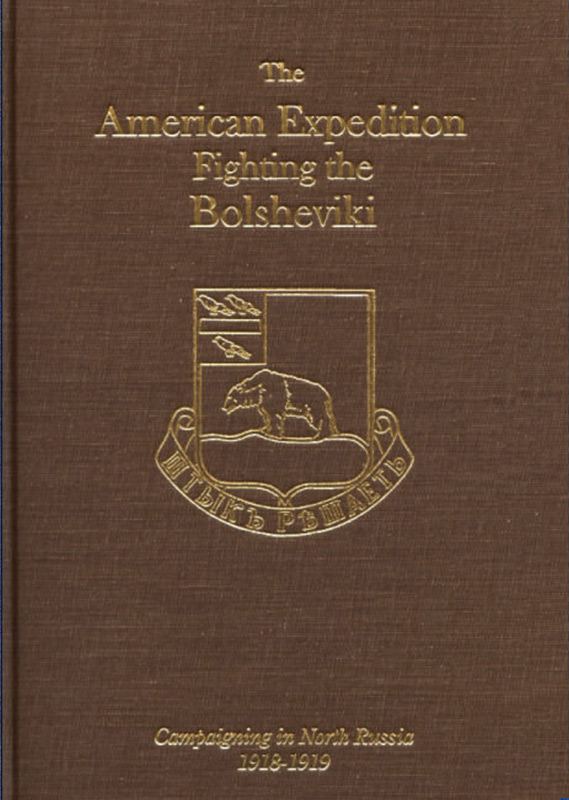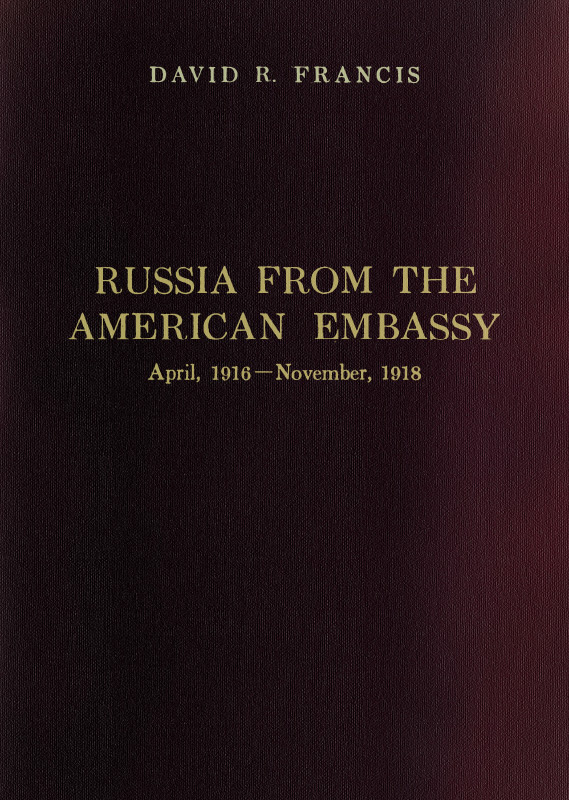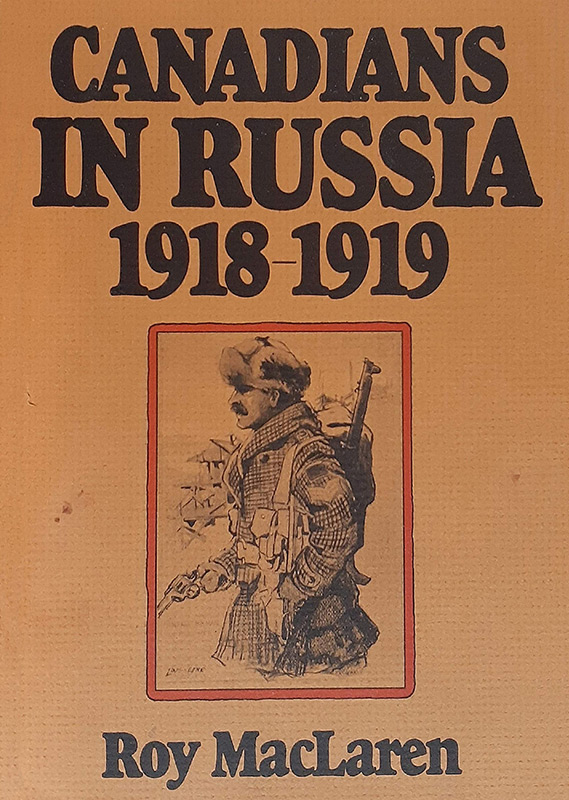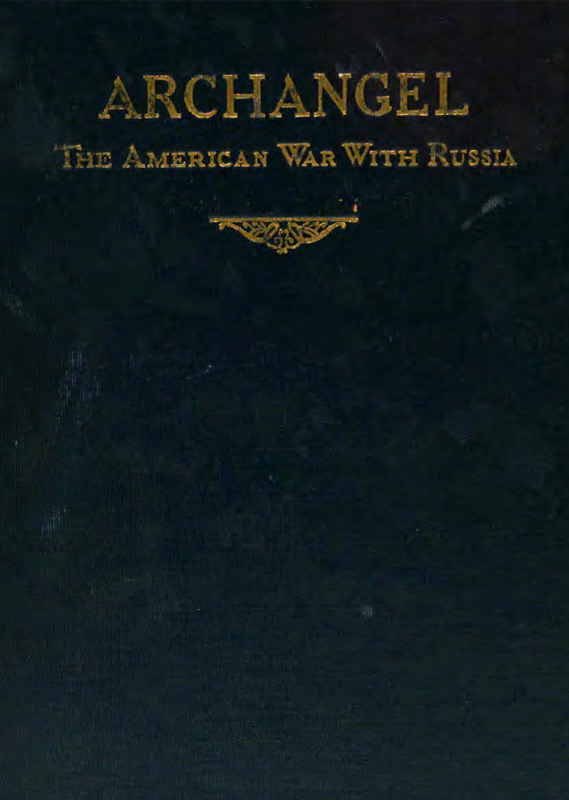Чтобы было удобнее, книгу можно заранее просмотреть:
Скачать Rhodes-Benjamin-D.-The-Anglo-American-Winter-War-with-Russia-1918-1919.-A-diplomatic-and-military-tragicomedy.pdf (149,9 МБ)- РАЗДЕЛЫ:
- Гражданская война на севере
Rhodes, Benjamin D. The Anglo-American Winter War with Russia, 1918-1919. A diplomatic and military tragicomedy
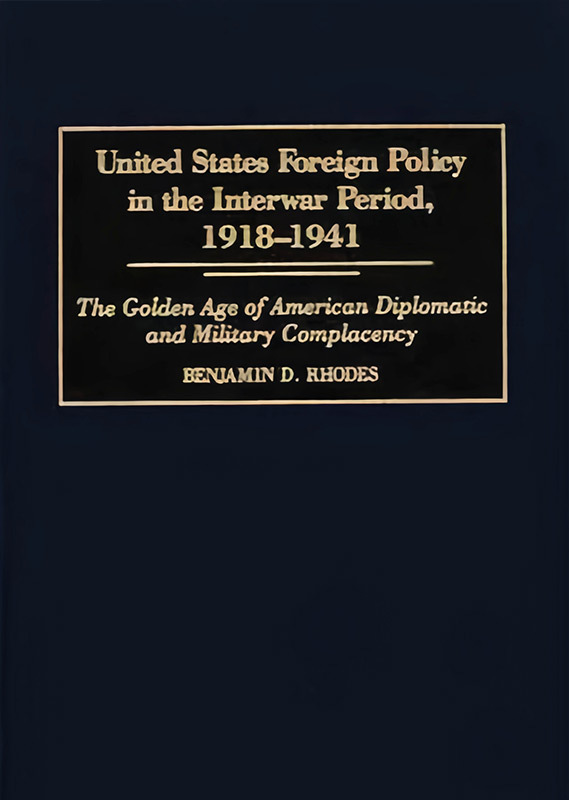
Место издания: Westport
Год издания: 1988
Ключевые слова: иноязычные источники, интервенция
Непродуманные военные кампании не были чем-то уникальным в истории. Но слабая англо-американская интервенция под Архангельском в 1918-1919 годах была необычайно неумелой, поскольку основывалась на дезинформации, глубоких географических и политических заблуждениях и обильном выдавании желаемого за действительное. Несомненно, союзники избежали бы больших неудобств, если бы последовали совету американского консула Феликса Коула, который предупреждал, что захватчики будут поглощены огромными просторами Северной России. В регионе преобладали мирные настроения, отмечал Коул, и он точно предсказал, что лишь немногие русские добровольно примут участие в боевых действиях. И генерал Таскер Х. Блисс был, безусловно, прав, когда предположил, что британцы (главные инициаторы этого предприятия) откусили больше, чем могли прожевать. Помимо усиления советской паранойи по поводу зловещих замыслов западных империалистов, вторжение союзников оказалось бесполезной авантюрой, а его очевидные военные уроки были быстро забыты обеими сторонами.
Ни комиссар М. С. Кедров, ни генерал Александр Самойло не выглядят более фанатичными или жестокими, чем их западные коллеги. Даже генерал Ф. К. Пул, при всем его самомнении и позерстве, выглядит скорее жалким, чем зловещим, человеком, попавшим в безвыходную ситуацию, которому мешали оплошности русских политиков и союзных дипломатов, и который даже не был информирован своим собственным правительством о том, что президент Вильсон ограничил американских участников ролью некомбатантов. Самым несчастным из всех был полковник Джордж Э. Стюарт, американский командир, который был послан в Архангельск без надлежащих инструкций и которого затем правительство держало в неведении в течение всей долгой русской зимы.
Так или иначе, все участники интриги оправдывали свои действия как логичные и моральные. Британский военный кабинет рассматривал интервенцию как вполне приемлемую авантюру для восстановления восточного фронта против Германии. Из Лондона казалось абсурдным думать, что большевики могут оказать серьезное сопротивление западным войскам и артиллерии. Президент Вильсон лишь под давлением союзников неохотно согласился на участие, заявив при этом, что он по-прежнему выступает против интервенции в принципе. Он защищал свое решение, руководствуясь гуманитарными соображениями и веря, что ограничил американских участников ролью некомбатантов. Однако, как и в случае с вмешательством Вильсона в дела Мексики, высокоморальная дипломатия привела к далеко не самым приятным результатам. В конце концов, участие Америки не предотвратило установление военной диктатуры вместо демократии в Северной России и не смогло предотвратить окончательный крах белых армий. В защиту Вильсона можно сказать, что он быстро и глубоко разочаровался в британской политике в Северной России и при первой же возможности стремился уйти.
По сравнению с профессиональным ведением войны на западном фронте, военные действия в Северной России были зачастую дилетантскими, а иногда и абсурдными.
Обе стороны были вынуждены полагаться на необученные, плохо мотивированные второсортные войска, оснащенные чем попало. Даже талантливый генерал Эдмунд Айронсайд не смог бы совершить военное чудо в таких условиях. Тем не менее, учитывая многонациональный характер экспедиции и шансы на ее успех, наибольшее удивление вызывает не то, что было несколько мятежей или случаев трусости и некомпетентности, а то, что их не было больше. Призванные в армию американцы, британцы, белогвардейцы и большевики, взаимно ненавидя друг друга, могли с полным основанием считать себя участниками драмы, управляемой далекими абстрактными силами, не зависящими от них. Многострадальный народ Архангельской области мог придерживаться аналогичной точки зрения. Брюс Локкарт, британский представитель в Москве, метко назвал эту кампанию «невероятной глупостью», сравнимой с худшими ошибками Крымской войны.
PREFACE: Ill-conceived military campaigns have been anything but unique in history. But the weak Anglo-American intervention at Archangel in 1918-1919 was unusually inept based as it was upon misinformation, profound geographical and political misconceptions, and a generous supply of wishful thinking. Surely the Allies would have saved themselves much embarrassment had they followed the advice of American consul Felix Cole who warned that the invaders would be swallowed by the sheer vastness of North Russia. The prevalent mood of the region was for peace, Cole pointed out, and he accurately predicted that few Russians would volunteer to do the fighting. And General Tasker H. Bliss was certainly right when he speculated that the British (the chief sponsors of the affair) had bitten off more than they could chew. Other than accentuating Soviet paranoia about the sinister designs of the western imperialists, the Allied invasion proved a futile adventure and its obvious military lessons were promptly forgotten by both sides.
Sir Herbert Butterfield has pointed out that once the passions of battle have subsided, historiography usually evolves from heroic, black and white interpretations to an appreciation of more complex and tragic elements. In many ways the Anglo-American winter war at Archangel serves as a case in point.
In the immediate aftermath many western participants looked upon their enemy as atrocity-prone desperadoes (the «Bolos») who were dominated by Germany (at least until the armistice of 11 November 1918). Today it is difficult to detect real villains on either side.
Neither Commissar M. S. Kedrov nor General Aleksandr Samoilo appear more fanatical or violent than their western counterparts. Even General F. C. Poole, for all his conceit and posturing, appears more pathetic than sinister, a man who got himself into an untenable situation, who was bedeviled by blundering Russian politicians and Allied diplomats, and who V/as not even informed by his own government that President Wilson had restricted the American participants to the role of noncombatants. Most lonely of all was Colonel George E. Stewart, the American commander, who was sent to Archangel without adequate instructions and then kept in the dark by his government throughout the long Russian winter.
In one way or another all the participants in the affair justified their actions as logical and moral. The British War Cabinet looked upon the intervention as a plausible gamble to restore the eastern front against Germany. Viewed from London it seemed preposterous to think that the Bolsheviks could offer serious resistance to western troops and artillery. President Wilson, under pressure from the Allies, agreed only reluctantly to participate, while protesting that he still opposed intervention in principle. He defended his decision on humanitarian grounds and upon the belief that he had restricted the American participants to the role of noncombatants. Yet, as had been the case with Wilson’s interventions in Mexico, moral diplomacy produced a less than moral result. In the end, America’s participation did not prevent the establishment of a military dictatorship instead of democracy in North Russia, nor could it avert the eventual collapse of the White Russians. In Wilson’s defense, he was immediately and thoroughly disillusioned with British policy in North Russia and sought an exit at the first opportunity.
Compared with the professional conduct of the war on the western front, the military operations in North Russia were often amateurish and sometimes absurd.
Both sides were forced to rely upon untrained, poorly motivated second class troops who were outfitted with improvised equipment. Not even the talented General Edmund Ironside could accomplish military miracles under such circumstances. Still, considering the polyglot nature of the expedition and the odds against its success, the biggest surprise is not that there were a few mutinies or cases of cowardice and incompetence, but that there were not more. The conscripted American, British, White Russian, and Bolshevik forces, each mutually detesting the other, could justifiably regard themselves as players in a drama controlled by distant abstract forces beyond their control. The long suffering people of Archangel province could take a similar view. Bruce Lockhart, the British representative in Moscow, aptly described the campaign as an „unbelievable folly” that was comparable with the worst mistakes of the Crimean War. Whether the lessons of the North Russian affair were absorbed any more thoroughly than those of the Crimean conflict is questionable.
Доступ к книгам был, есть и будет бесплатным, это принципиально. Но если вы хотите сказать «спасибо», то для этого у нас есть специально обученная кнопка:
